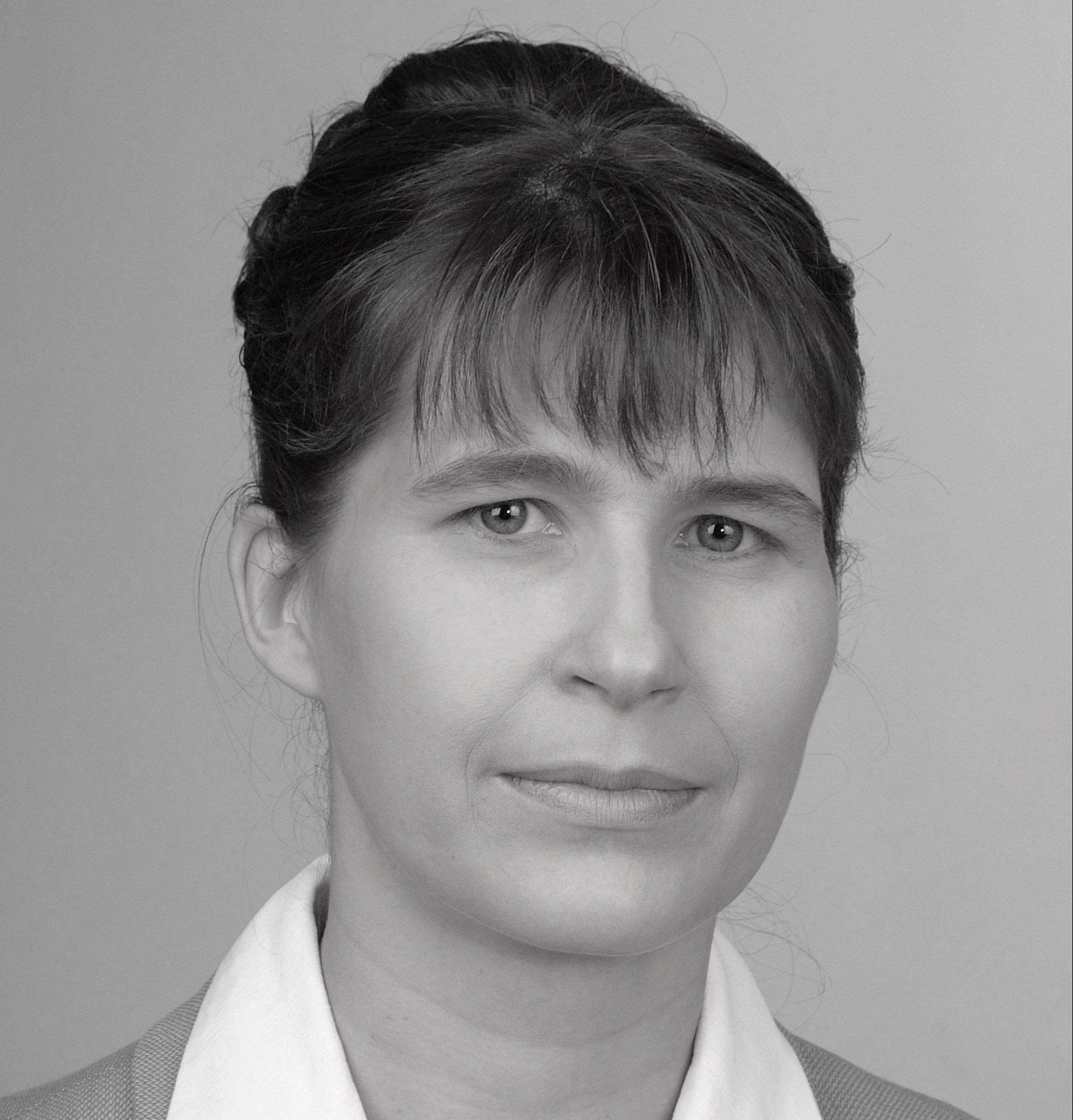Past Event
Standardisation and patents: problems and policy options
Bruegel together with the Association for Competition Economics (ACE), is hosting an event on standardization and SEP licensing.
VIDEO & AUDIO RECORDING
Standardisation, standard-setting organisations and standard-essential patents have been the subject of considerable discussion and debate in both academic and policy circles. At this event which was co-organized with the Association for Competition Economics (ACE), Pierre Régibeau presented his recent study, which assesses problems related to the standardization process and consider a number of policy options that might help alleviate these problems. His presentation was followed by panel discussion on the associated challenges and their potential solutions.
SUMMARY
Standardisation, standard-setting organisations (SSOs) and standard-essential patents (SEPs) have been the subject of considerable discussion and debate in both academic and policy circles. Pierre Régibeau laid out challenges and options of reforming the standard setting process after the need for a standard has been established. Some reform options are beneficial for all stakeholders such as reduced transaction cost from licencing or avoiding royalty stacking. Others are targeted to enhance efficiency but need to balance costs and gains for individual groups of stakeholders. For this reason, a reform package is preferable to individual reforms.
Among the main problems of the standard-setting process are issues related to the effects of bargaining power between SEP-holders and implementers, such as hold-up, reverse hold-up or hold-out. Many SSOs require fair, reasonable, and non-discriminatory (FRAND) agreements to mitigate the problem of hold-up by ensuring that SEPs cannot ex-post abuse market power that they legitimately would not have had in an ex-ante negotiation. A second issue relates to transparency and transaction costs of signing an IP agreement. The problem of asymmetric information can be improved by setting up a public database of SEPs and implementing essentiality testing.
Aleksandra Boutin highlighted the importance of balancing welfare between innovators, implementers, and consumers. The optimal IPR policy will not make any actor happy, but each equally unhappy. SSOs have good performance compared to the alternatives of creating dynamic incentives to innovate while trading-off against static consumer benefits. However, SSOs are diverse organisations and one-size fits all policy ignores sector specific issues.
While the representative of the European Commission, Hughes de la Motte, focused on the valuation of IP and FRAND, Rebekka Porath provided a view from the business perspective highlighting the importance of interoperability and Intel’s role on numerous SSOs. The ensuing discussion with the audience further expanded on the valuation of patent stacks and essentiality assessments.
Event notes by Robert Kalcik
EVENT MATERIALS
Presentation by Pierre Regibeau
Schedule
12:30-13:00
Check-in and lunch
13:00-13:30
Presentation
Pierre Regibeau, Vice President, Charles River Associates, London
13:30-14:00
Panel discussion
Chair: Georgios Petropoulos, Non-resident Fellow
Aleksandra Boutin, Vice President, Compass Lexecon's Brussels Office
Rebekka Porath, CE Technology Policy Director, Intel
Hughes de la Motte, European Commission
14:00-14:30
Q&A
14:30
End
Speakers

Aleksandra Boutin
Vice President, Compass Lexecon's Brussels Office

Georgios Petropoulos
Non-resident Fellow

Rebekka Porath
CE Technology Policy Director, Intel

Pierre Regibeau
Vice President, Charles River Associates, London

Hughes de la Motte
European Commission
Location & Contact
Matilda Sevon
[email protected]


